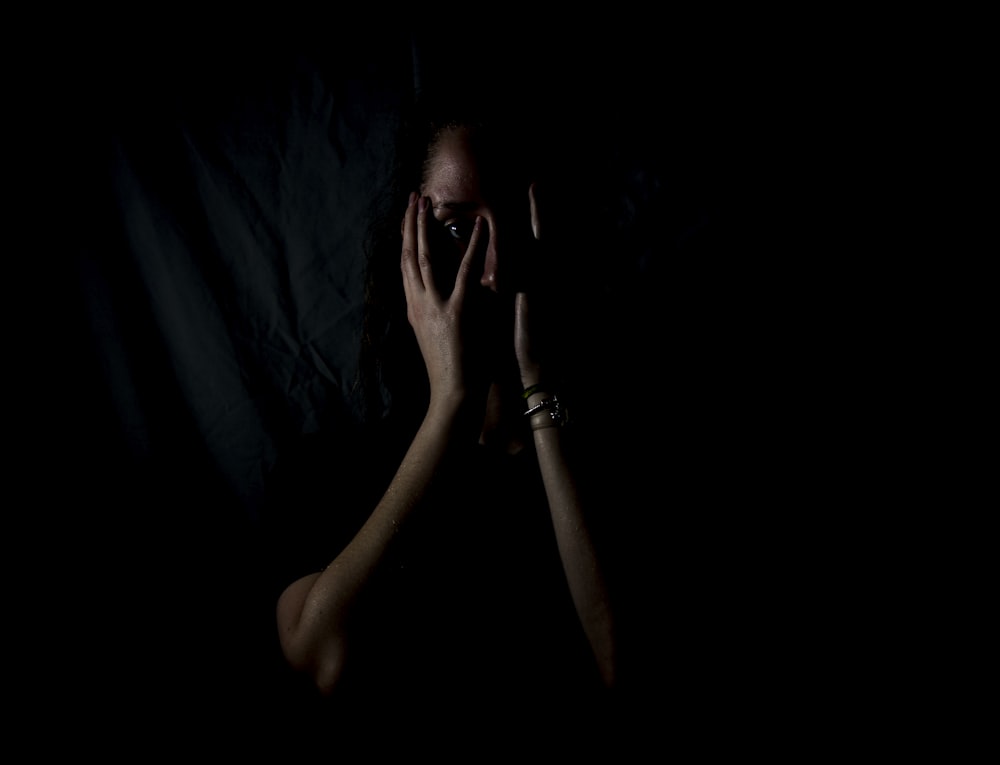SELF-AWARENESS
We never forget our bullies, no matter how many years have passed.
For me, the bullying took place in middle school. It was a dark time in my life and I didn't know how to make it go away. The bully sat behind me on the school bus. She made fun of me and pulled out strands of my hair. I thought ignoring her would make it stop. It didn't. As the bullying continued, it escalated and eventually drew the attention of the principal. And that put an end it.
As an adult, I thought those bullying days were over. But seven years ago, I encountered a cyberbully. This person criticized me online for starting a blog that would cover writing for children. Good grief. What on earth is wrong with starting a blog? And why did he feel it was important to write an article for an ezine telling readers that my blogging was foolish and a big waste of time? This attack was personal and painful. And this was my first encounter with a troll. For those who are unfamiliar with the term, a troll is a person who makes unsolicited and/or controversial comments to provoke an emotional knee jerk reaction from unsuspecting readers to engage in a fight or argument.
Ironically, a year later, he started a blog. Go figure.
I thought this troll was cruel and insulting until I came face to face with a mean-spirited man, which I will abbreviate as MSM. This encounter enfolded as I gave a workshop on publishing with a small press at the Carnegie Center for Literacy in Lexington, Kentucky.
MSM thought it was appropriate to question my authority in front of others. Though his remarks caught me off guard, I answered him politely, after all there were other people who genuinely wanted to learn. Maybe MSM just wanted to express his opinion, but it felt more like he was trying to trip me up. On purpose. To discredit me. Put me on the spot. To embarrass me.
I never thought I'd run into bullies as an adult. But having childhood bullies does not exempt us from encountering them again. So, what can we do about it? We can become more self-aware.
Stephen Covey, author of the popular book The 7 Habits of Highly Effective People, defines self-awareness as our capacity to stand apart from ourselves and examine our thinking, our motives, our history, our scripts, our actions, and our habits and tendencies. It is having a clear understanding of our personality and character, our weaknesses and strengths, our beliefs and thoughts, and our motivation and emotions.
 Covey says self-awareness allows you to understand how people perceive you. When you are engaged with others, they are observing your attitude. People are weighing your verbal responses. They are taking in the nonverbal signals such as your facial expressions, gestures, and posture.
Covey says self-awareness allows you to understand how people perceive you. When you are engaged with others, they are observing your attitude. People are weighing your verbal responses. They are taking in the nonverbal signals such as your facial expressions, gestures, and posture. In order to understand how you appear to other people, Covey suggests that you see yourself as others see you by stepping into their shoes and experiencing yourself through their eyes.
You can do this by standing in front of a mirror while practicing a speech or having an imaginary conversation. The idea is to focus on your body language and hand gestures and to practice changing the pitch and expressiveness of your voice.
Ever since the Carnegie lecture I've tried to imagine how others see me when I'm giving lectures, visiting schools, doing book signings, mentoring writers, taking classes, or having casual conversations.
Though I wasn't aware at the time, self-awareness kicked in with regards to the Internet troll. I imagined what the public would think of me if I wrote a scathing rebuttal. Trust me, I wanted to lash out. Really badly. But after putting myself in the public's shoes, I decided against it. It wasn't worth the possibility of damaging my reputation.
Through restraint, I was able to handle the troll reasonably well, but I dropped the ball with the MSM. This bully targeted me because I appeared weak.
If I had put myself in the shoes of the attendees, I might have seen myself as a lecturer who was a little put off and unsure of herself during the confrontation. With hindsight, I should have not have remained seated. I should have stood up, placed my hands on my hips, lifted my chin, and addressed MSM with more authority. That probably would have made a difference. A huge difference. My body language would have spoken volumes—that this lecturer knew what she was talking about, so don't mess with her.
This encounter happened several years ago and I still remember it like it was yesterday. Though the interaction was uncomfortable and unpleasant, it was a great lesson for me. I learned about being self-aware. It's a shame I didn't know about this before the workshop. Because if I had, there would have been one less bully in my life.
✌ and ♥











